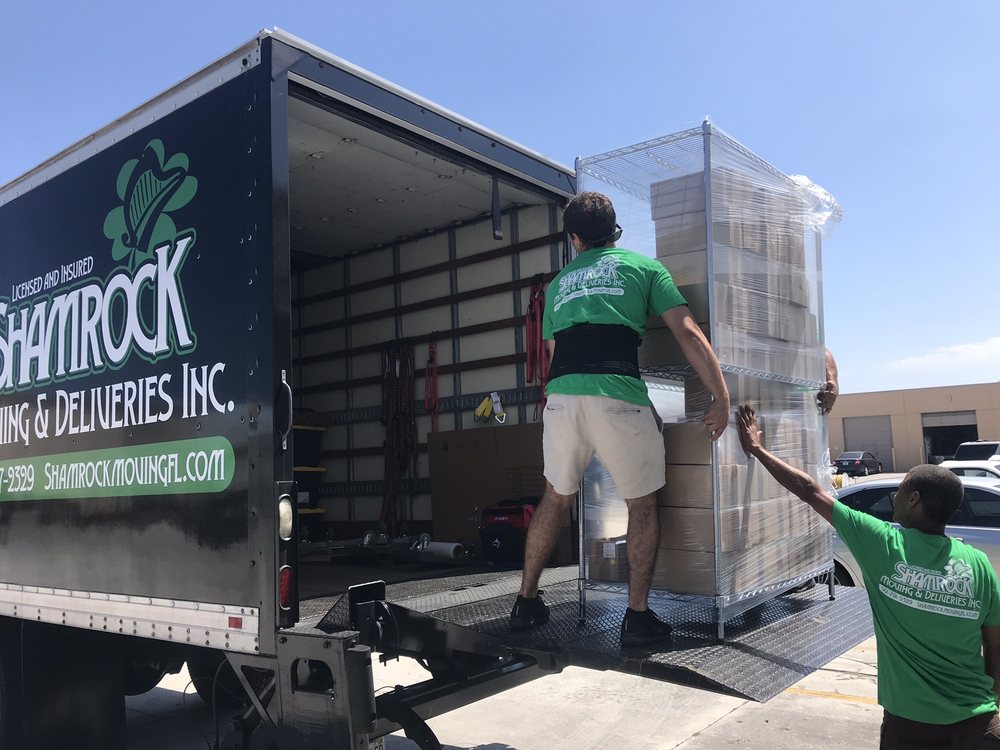Ten Things to Do After Moving
Moving to another city can cause you to feel disorientated, as if you do not belong. The initial shock will usually pass, but the post-move period can be difficult at first, especially if there are no plans in place.
The post-relocation period does not have to be difficult. This checklist will help you figure out what you need to do when you’ve moved into your new home. If you plan your time well, you will not have to worry about stressful situations or confusion. Are you ready for some great post-move checklist entries?
Unpacking is next, but why not learn about your new home’s secrets? You’ll need to change your address, but do you know where you can find good health care? You should definitely register your vehicle after moving across the country, but shouldn’t your first priority be making new friends?
What should you do after moving? What to do, when and why?
1. Plan to ‘Settle In’
As soon as you cross the threshold of your apartment or house, you begin your post-move period. The first day following a move into a new house is usually marked by relief. You can now finally let go of the stress and anxiety that you have been building up during the house moving process.
You won’t be able to settle in to your new home for a while. There are so many things to do. It’s important to plan your time after relocation in the best way possible. Remember how your moving calendar encouraged you to make the most of each and every minute of every day prior to the move? You’ll have to do the same thing, but in reverse.
Consider creating a new list of tasks that you will need to accomplish now that your relocation is complete. New home errands? New tasks in the city? You can’t afford to waste time. Get to work. Again.
2. Unpack the mountain of boxes
What rooms should I unpack first?
The kitchen is the next room you should unpack after the bedroom and the bathroom.
Unpacking your home is a lot more relaxing than packing it up for a move. You can take the time you need to finish it and do it at a pace that suits you. It is not a good idea to underestimate the time-consuming nature of unpacking.
You should start by unpacking your essentials boxes, which contain items of the utmost significance. You should then start unpacking all of the Bedroom and Bathroom containers. These are the rooms that you are recommended to arrange in priority. You probably think about taking a shower and relaxing on your bed.
Unpacking is one of the most important things you can do when you first move into your new home. The good news is that you can control the speed of unpacking to suit your needs.
3. Discover the secrets to your new home
You will most likely be a stranger in your new home, so you should take an exploratory walk around it. Keep an eye out for signs of damage and leaks in the pipes, as well as for signs of infestation. Locate the main water shut-off valve and the fuse box in case of an emergency. Then, write down your readings on the water and electricity meters.
While you are on your tour, make mental notes about whether your new house is sufficiently protected against unauthorised access (theft) or against Mother Nature’s destructive forces. The new home should also be child-proofed if you have a young child.
Are the windows and doors as secure as possible? Smoke detectors are installed. Are there fire extinguishers conveniently located on each floor of the building? The less secrets you have in your new home, the better.
4. Update Your Mailing Info
What to do when you move
Are you ready to receive your first mail in the new mailbox?
The postal address for your new house will differ, regardless of whether you have moved across town, to a different city within the same state or even across the country. This means that you will continue to receive regular mail to your old address unless you change it soon after your move.
You should not put off changing your address. Do it as soon you can. There are two options: you can either go to your local post office and fill out the change of address form in person, or you can do it online using the USPS site.
Don’t forget to pay the new owner/tenant of your old home some money so they can forward all your mail up until your change of address takes effect.
5. Register your child for a new school
You must know how important it can be to find the right school for your child if you have just moved into a new home with them. This will allow them to continue their education. This new school must also be well-respected so that your child can have the best start in life.
You must choose a good school for your child or children before moving. It’s important to complete this task before the deadlines set.
You can also ask your friends, colleagues or neighbors for recommendations. They may know of schools that are good or bad. It is good to gather more information on the internet, but it is best to visit several schools with your child to speak to the principal and teachers to gain a realistic understanding of what is to come.
Do not forget to prepare the documents required to register your child in the school of choice.
6. Find suitable health care providers
Find a healthcare provider
You’ll also need to find a pediatrician if you recently moved with your child.
It is impossible to predict how your body or mind will react when you move. You may find that your trusted health care provider is no longer available to see you if you get a cold or become seriously ill.
Finding a family doctor for yourself and your family, as well a veterinarian for your pets, is another important task on our moving into a house checklist. The same as with finding the right school, getting recommendations from trusted people is the best way to choose the right health care provider.
Always keep your medical needs in mind when choosing between a general practitioner and a specialist doctor. Consider the years of experience of your potential health care provider and their personality.
7. Register your vehicle
What should you do when moving to a different state?
Have you had your car transported? You should register your vehicle in the state you’ve moved to if you have crossed state lines. You may also need to transfer your license. Both of these tasks are relatively simple, so you only need to find time to go to the DMV to complete them.
You can use this DMV office locator to find the nearest DMV. It’s important to keep in mind that the registration deadlines for motor vehicles can vary between 10 days and a month. Contact the DMV central office for further information or finish this task within the next few weeks to avoid fines.
8. Acclimatize your pet
Your pet’s adjustment to the new environment
Outdoor play is best for your dog after relocation.
You shouldn’t worry too much about the next steps if you have just moved with your pet or pets. It’s not hard to see that the answer is obvious – make sure your pet is comfortable after the abrupt change in scenery and the unexpected jump out of its comfort zone.
You should clean up your new home thoroughly because most pets are very sensitive to smell, especially cats and dogs. You can show your love for them by taking care of their needs and playing with them as often as possible.
Give your pet enough time to adjust to their new environment after you move. If a problem persists after relocating for more than two weeks, you may want to seek professional advice.
9. New friends are always welcome
Everyone can find it difficult to move into a new house. Separation anxiety is one possible side effect from the recent move. You may feel sad and depressed because you have moved far away from family and friends. You may not know anyone in your new city, which makes things even worse. Not yet.
Making new friends will be the most important thing you do to settle into your new home quickly. Say hello to your neighbors to try to get to better know them. Spend time after work with your coworkers and be open to meeting new people. Join a club, learn to dance, or take up a hobby where you can interact with people who share similar interests.
Keep in touch with old friends, no matter where you are. This is an effective way to combat relocation depression.
10. Discover your new city
Are you ready for your first rocky walk in your new city?
What else can you do when moving to a new town?
It is important to get to know your new city better. You should also know where the essential places are in the city (supermarkets and banks, medical facilities, post offices, car service, schools, banks and important government institutions). The more you become familiar with the place, the more you will enjoy living and working there.
Start by exploring your own neighborhood and then the entire city. Learn about the history of the city, familiarize yourself with its landmarks and try to better understand how locals live their lives. Dare to venture out of the comforts of your home, and you may soon find yourself on good terms with the new city.












